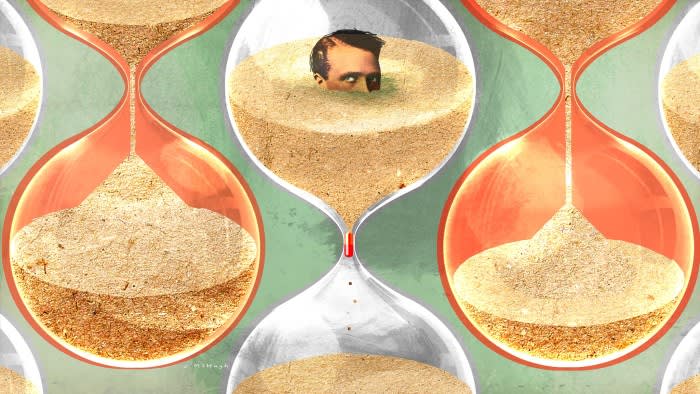
Technology
Rumour: ‘Switch 2’ Will Reportedly Feature Magnetic Joy-Cons
Bill Belichick, NFL Draft analyst, shows his TV potential on ‘Pat McAfee Show’
Sports
The surreal aspect of the big media debut of Bill Belichick’s post-New England Patriots coaching career was he shared a set with …
Philadelphia has a lot more deadly shootings than expected for a big city − and NYC is much safer, new study says
Science
Recent high-profile mass shootings at SEPTA bus stations have left Philadelphia commuters on high alert. Two gunmen opened fire at a bus …
Science is closing in on the frailties of old age
Health
Unlock the Editor’s Digest for free Roula Khalaf, Editor of the FT, selects her favourite stories in this weekly newsletter. Do you …
Columbia president faces key vote of censure from faculty as protests continue nationwide
U.S.
11:20 a.m. ET, April 26, 2024 Student protest leader for Columbia pro-Palestinian protests apologizes for saying “Zionists don’t deserve to live” From …
Who Wants Ads in Their Windows 11 Start Menu? Here’s How to Turn Them Off
Technology
Ads in Microsoft Windows’ Start menu are nothing new, and it’s no surprise that they’re coming to Windows 11. Microsoft has been testing …
Bethenny Frankel uses this ‘hydrating, plumping, brightening’ vitamin C serum every day — it’s on sale for just $17
LifeStyle
Bethenny Frankel is the sassy former Real Housewives of New York City star who’s hard not to love. In the last few …
As Gaza cease-fire talks resume, the coming fight for Rafah looms large
World
Fighting in Gaza began to ebb earlier this month as Israel withdrew most of its ground troops from the enclave. The opening …
Chipmaker Intel falls as AI competition hurts forecast
Business
(Reuters) -Intel shares slumped more than 12% on Friday after a downbeat forecast signaled that the boom in AI was diverting enterprise …













:max_bytes(150000):strip_icc():focal(724x180:726x182)/jeannie-mai-daughter-042324-tout-7da84a8e02cf4fbe96199160b685b7e4.jpg)

